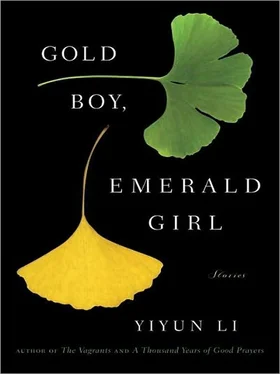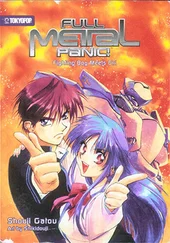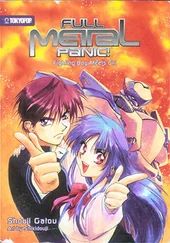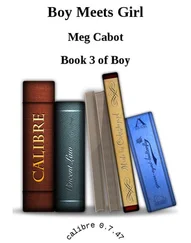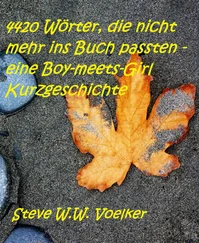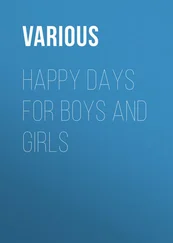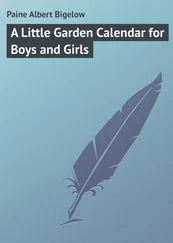Walking comforted me. I marched alone and did not join the chorus when the platoon was singing; here in the mountains, walking was the only thing required of me, and for hours I would be left undisturbed, my mind empty of troubling thoughts. Never before had I loved the world as I did then, the sunshine and the spring blossoms, the new trees in the woods, and the lizards in the grass. Even the daily ritual of blister popping — in our satchel each of us carried a sewing needle, and in the evenings the brigade doctor would pass out cotton balls soaked in alcohol so we could sanitize the needle and pop the blisters on our feet — brought me an odd sense of liberation. There was a joy in knowing the realness of one’s body: the sting when a blister was pierced; the heaviness in one’s arms where the blood was pulled down by its own weight after a day of marching; the exhaustion in one’s limbs lying down on the floor of a village school; the moment of uncontrollable shivering when one left the cluster of warm bodies for night-watch duty, the coldness seeping in.
TEN
WE ARRIVED AT a town called Seven-Mile Plain after one of the longest marching days, covering thirty-two kilometers — across two rivers, over mountains, and through valleys. It was the fifteenth day, halfway through our journey, and when we limped into the town’s only elementary school, the full moon was already in the eastern sky, golden with a red hue. The cooking squad had set out in the school yard one of the most extravagant meals we would have on our journey: stir-fried eels, marinated pork with snow peas, tofu and vegetable soup, and, to our surprise, a bottle of local beer for each of us.
In a very long toast, Major Tang summarized every day of the journey, squinting at times, trying to read the map he held. Is he already drunk? Ping mumbled, eyeing the basins of food on the ground that would soon have a layer of fat congealing on their surfaces.
A free night was announced after dinner, and we were told that bedtime would be called an hour later. That generosity, along with the beer from dinner, created a festive mood. Girls walked in twos and threes in the schoolyard, which was a sizable plot that went uphill until it reached a fence. Locust trees, decades old, surrounded it, with clusters of cream-colored blossoms hanging heavily between branches, their sweet fragrance growing more intense as the night progressed. Under one of the oldest trees a group of girls sang a love song from an old movie.
I walked to the school gate and was disappointed to discover that it was padlocked. Before I turned around, someone stepped from the dark shadow of the high wall and called to me.
It was a boy in uniform, and he asked me if I knew Nan. I thought of denying it, but he said he had seen me at drills and knew that I was in Nan’s squad. He told me his name and which company he was from, and then asked me if I could pass a letter to Nan.
“Where are you staying?” I asked, and the boy said that his company was stationed for the night in the middle school across the street.
“And you can leave the schoolyard freely?” I said.
The boy smiled and said he had jumped the wall. I thought about him outside the school gate, waiting to catch a glimpse of Nan. When he asked me again if I could pass on his letter, I said that Nan had too many admirers to care about a letter from a stranger. The boy appeared crestfallen, and I refrained from asking him why he had never imagined other people falling in love with the girl of his dreams. “Here,” he said, passing a green bottle through the gap in the metal gate. “You can have this if you help me.”
He had put a bottle of local yam liquor in my hand. Under the crudely drawn trademark of a phoenix was a line that proclaimed it the fiercest drink west of the Huai River, with a 65 percent alcohol concentration.
“I only drank a little,” said the boy eagerly. “It’s almost full to the top.”
“What do I do with it? Pour it on my blisters?”
He seemed perplexed at my joke, and I wondered if his courage had come from the drink, which had made him as much a fool as his love had. I did not know why I had accepted his present. I had given my ration of beer to a conscript in the cooking squad — I had never touched alcohol in my life, nor had I ever seen it around our flat. I took a stroll around the schoolyard, and when I couldn’t locate Nan, I sat down in the farthest corner of the yard, under an old locust tree, its bulging root the perfect seat. What dissolves one’s sorrow but a good drink? It was one of my mother’s favorite quotations from an ancient poem, even though she had never touched a drop. I uncapped the bottle, wiped its mouth carefully, took a gulp, and was immediately choked to tears.
After the burning sensation in my chest became less of a torture, I took another mouthful, all the while aware of my intention to pour the liquid out and discard the bottle, though I never did gather the resolution. When Lieutenant Wei approached me, much later it seemed, I recognized her footsteps. I hesitated, and did not stand up to salute her.
“What are you doing here?” she asked. “You missed the bedtime whistle.”
It occurred to me that I had heard some muffled steps, and later that the schoolyard had become quiet, but I had not once thought of my obligation to report to the classroom for bedtime. I did not hear the whistle, I replied. I wondered if the officers were conducting a search for me; and perhaps in my daring confusion I even asked the question aloud, since Lieutenant Wei snatched the bottle from my hand and said I should be grateful that she did not report me missing. “What would happen if you reported me?” I asked. I stood up, trying to steady myself by leaning onto the tree trunk. The world seemed sharper, as if a hand had retraced the edge of everything: the moon, the dark shadows of the trees, Lieutenant Wei’s frown, my bottle in her hand. “Would I be punished in any way that you think would make me repent?”
“You’re drunk.”
Perhaps so, I said.
“Is anything the matter?” she asked, her voice softening. “Can I help you?”
Anything the matter? I laughed and said that the trouble was, I did not know a single thing that could be called the matter . How do you unravel a mess of yarn when you don’t even see the yarn? I said, realizing that I must sound ridiculous.
Lieutenant Wei asked if she could have a drink. I nodded. She took a sip of the liquor, then passed the bottle to me. Let us drink like good friends, she said. I took a gulp and poured the rest of the liquid on the root of the locust tree. “We are not meant to be friends,” I said to Lieutenant Wei.
“Not for once?” she asked.
I could not tell if her tone was a pleading one. “I was not yet given a life when you were born; when I was born you were old already,” I said.
“I don’t understand,” Lieutenant Wei said.
Of course she would not understand. When I was in elementary school, I had once discovered a handmade bookmark in one of my mother’s old novels, a few lines of an ancient folk song written in my mother’s neat handwriting: I was not yet given a life when you were born; when I was born you were old already. How I wish I had not come this late, but death has placed mountains and seas between you and me . I had thought, at twelve, that my mother had written out the lines for my father, and I had cried then for them, thinking that she was right, that one day death would come for my father long before it was her time. Later I realized that it was not for my father but for a married man that she had written those lines out; I did not know who the other man was, but I knew he must be younger than my father. Still, with a wife and children, and without any affection to spare for my mother, he must have been as unreachable as death would have made him.
Читать дальше
Конец ознакомительного отрывка
Купить книгу
